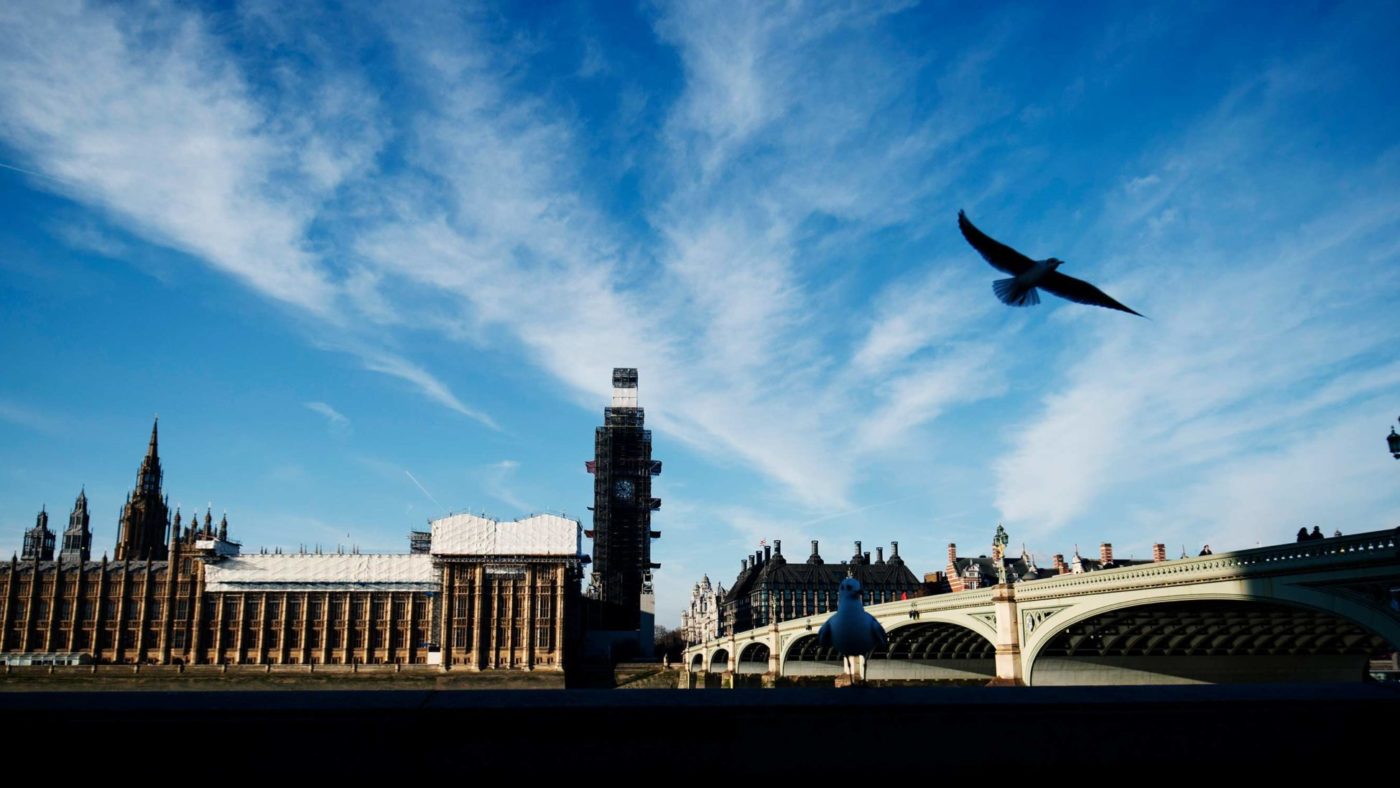Last week was a bruising one for the Prime Minister. There wasn’t much for Theresa May to be cheerful about, but life was a little easier in Brussels than in Westminster. Some EU leaders have offered warm words in press conferences but the official position, as set out by Commission President Jean-Claude Juncker, was that there cannot be “any form of renegotiation.” He added, “We can add clarifications but no real changes.”
It was always likely that the EU would refuse fundamental changes to the draft Withdrawal Agreement text and the Northern Irish backstop. However, the omission in the European Council communique of commitments to explore further assurances to the UK on the temporary nature of the backstop, which were present in an earlier draft, certainly does not look good from London.
It is still possible, or even likely, that there will be EU assurances or legal declarations forthcoming before Parliament returns to this issue in January. However, it is questionable whether any such assurances in of themselves will make much difference.
It seems there is no end to the deadlock in sight. And yet, something will have to give. Every scenario seems unlikely or impossible at this stage, but one of them will happen and the political weather could change dramatically as the March 29 deadline approaches and various options are closed off.
No Deal is the default scenario and remains in play but the political route to this outcome is also hard to imagine. Parliament could be expected to intervene and force out a government that was heading for No Deal. It would be messy politically and procedurally but the EU might well be on hand to offer an extension of the Article 50 period for a General Election, or second referendum that might follow, in these circumstances.
A second referendum seems more likely than at any point since 2016. But the political route to a referendum remains very difficult unless it is actively pursued by the executive, which might be prevented from doing so. We might find ourselves in the perverse situation where Conservative Brexiteers, the DUP and Jeremy Corbyn all prefer an election over a referendum.
You need only think about what the mechanics of providing for a new referendum might be, in order to conclude that it would be a political nightmare for the country. Would the ballot be a choice between No Deal/Remain or May’s Deal/Remain? Would there be more than one Leave option? Would Parliament alter the franchise to grant 16-year-olds and EU nationals the vote?
And, most importantly, unless there is a decisive result either way, which seems highly unlikely, we will be back to where we started, with the divisions in Parliament once again inflicted on the country at large. It can only be a more bitter and discordant experience than last time.
Equally, a General Election is unlikely to produce a strong or stable government and therefore would solve little.
This leaves us with a version of the deal on the table. Anyone who has read it can point to its flaws. But it also has merits. It provides an orderly exit route from the EU, would free the UK from many of its current obligations, and provides a platform from which the UK can improve its position in future. It creates genuine problems for Northern Ireland, but also the potential to act as the gateway for securing free trade in goods with the EU.
It has long been clear that any deal is likely to need Labour’s explicit or implicit approval to pass the House of Commons. Those votes or abstentions don’t appear forthcoming now. But in the New Year, Corbyn and John McDonnell might calculate that allowing the Withdrawal Agreement to pass might be their best chance of both avoiding a referendum and precipitating an election after April 2019.
With May now free from facing a no confidence vote for 12 months she has greater ability to reach out to Labour and hinted at this in her address after this week’s vote. Such a bargain could also allow Corbyn to position himself as a stabiliser rather than a disruptor in the minds of the many voters, who are not primarily motivated by Brexit and who could decide a future election. EU assurances or changes to the Declaration on the Future Partnership, rather than the Withdrawal Agreement, might just give the Labour frontbench the political cover they require to stand aside or approve.
It may sound far-fetched but it is certainly something for all MPs to ponder over Christmas.


